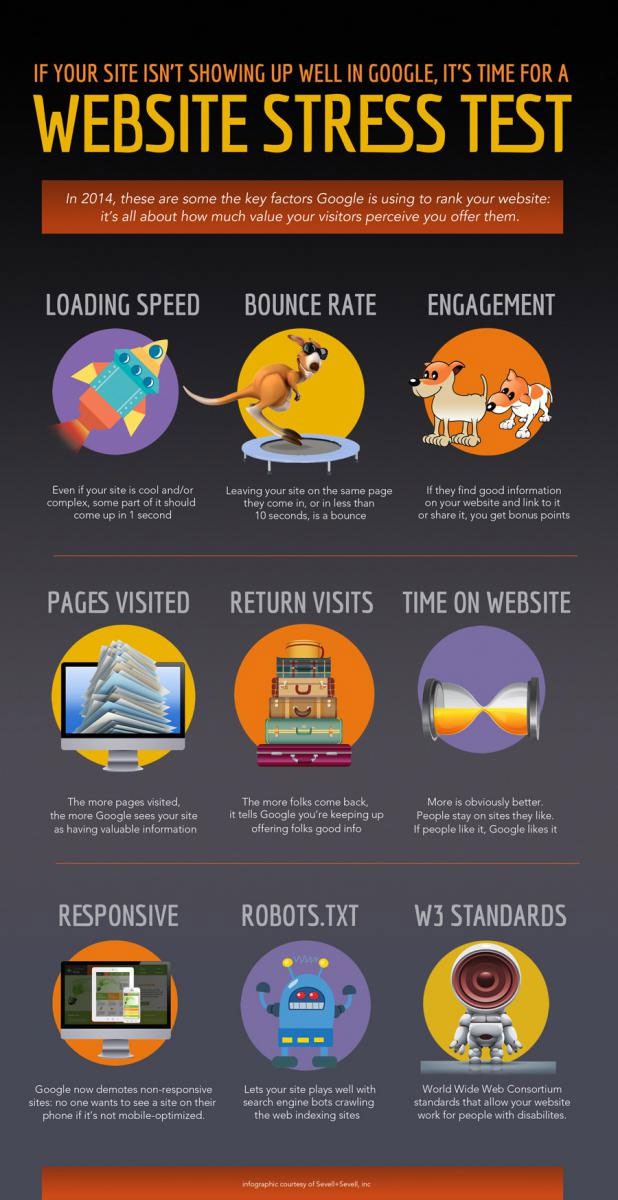Organic online marketing has forever changed the online ecosystem.
Having a great website is simply just not enough anymore. The game keeps changing and the algorithms by Google for ranking a website high on search keeps changing too (constantly). Just when you think you’ve got the process for organic online marketing down, Google changes the playing field and that’s just the cat and mouse game we online marketing strategist play. And its fair, why because this way everyone that works hard sharing valuable content online and providing good services will eventually get their day.
The days of dominating the number one spot on search for any keyword is dead. Once you’re up there you better keep working hard on your organic online marketing or you’ll start to drop and the next guy gets his day. Organic online marketing is about providing good, relevant, informative and educational content users what to read and share. Organic online marketing keeps the online world going round and round and that’s a good thing.
While writing great content is key and just one piece of the organic online marketing pie for the overall content strategy, making sure Google bots crawl your website among other 9 key factors need to be in place.
Some important key factors include:
Website load speed -is important because online marketing research studies show users will leave a website if takes longer than 3 seconds to load. And this number will change as technology gets faster.
Bounce rate– if your website is an eye sore or is being found distasteful by your visitors, they bounce. Which means they will leave your website fast. Google sees this as a sign that users are leaving your site quickly once they land on a page and are using this data negatively against your site. If you have a high bounce rate on any of your pages? Fix it asap.
Engagement – Are you creating good content users want to read and share? This is very important to those Google bots. Keep up the god work.
Pages visited– the more pages a users click through the better signal that tells Google users are enjoying the website goods.
Returning visitors – Do online visitors keep coming back? If so, Google likes that too-keep it up!
Time on website – Like the bounce rate signal Google takes an overall assessment on how long each visitor stays on your website.
Responsive– is your website mobile compliant? If not, Google is actually penalizing your website and dropping its rank. Revamp your site right away.
Robots. TXT – is your website blocking the Google bots? Make sure the bots are getting through to all the right pages.
W3 Standards – Making sure your website is accessible to those with disabilities is essential. Make sure you have all your ALT tags and title tags in place. For more on W3 disabilities standards.
SOURCE: http://webmag.co/google-seo-stress-test/


